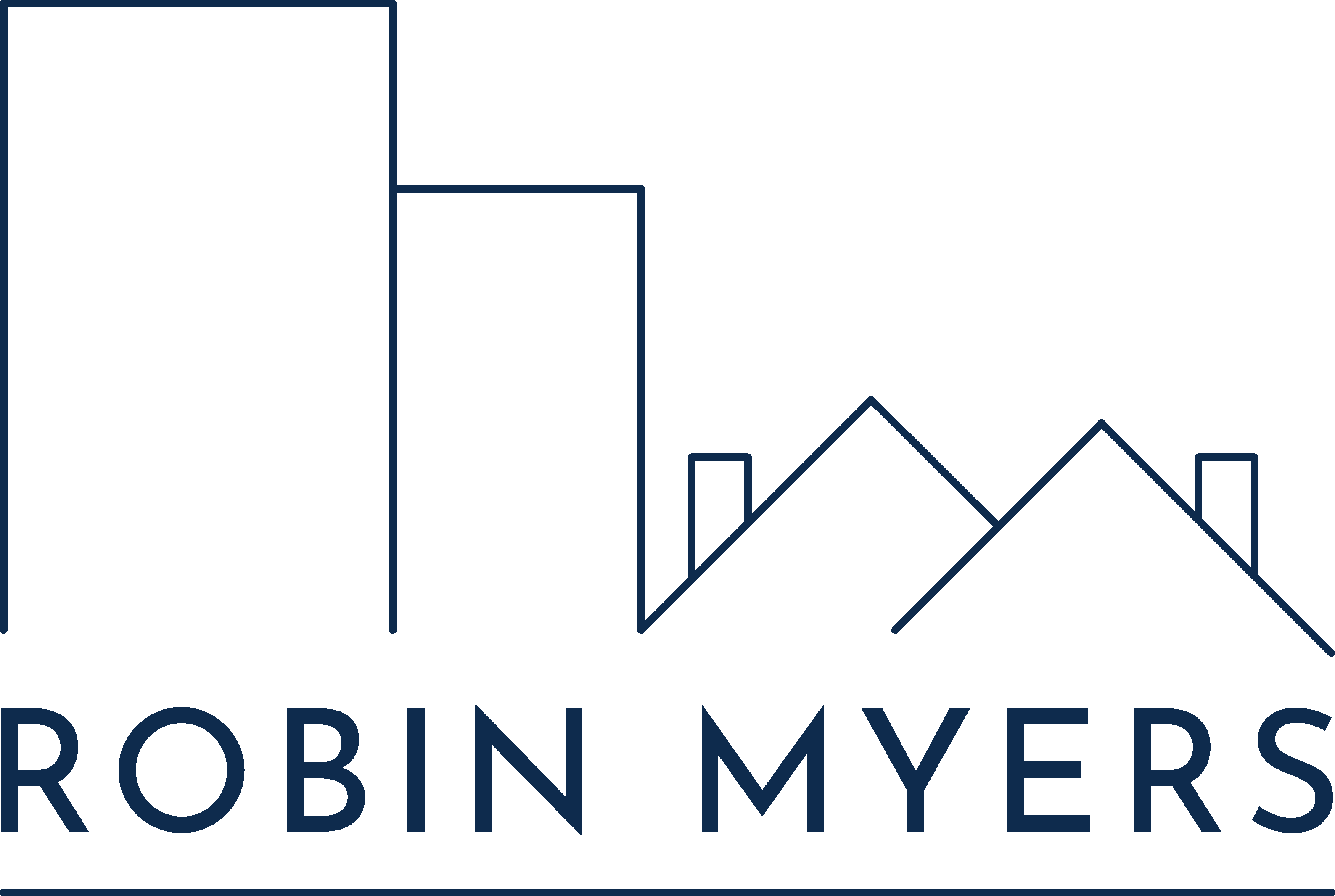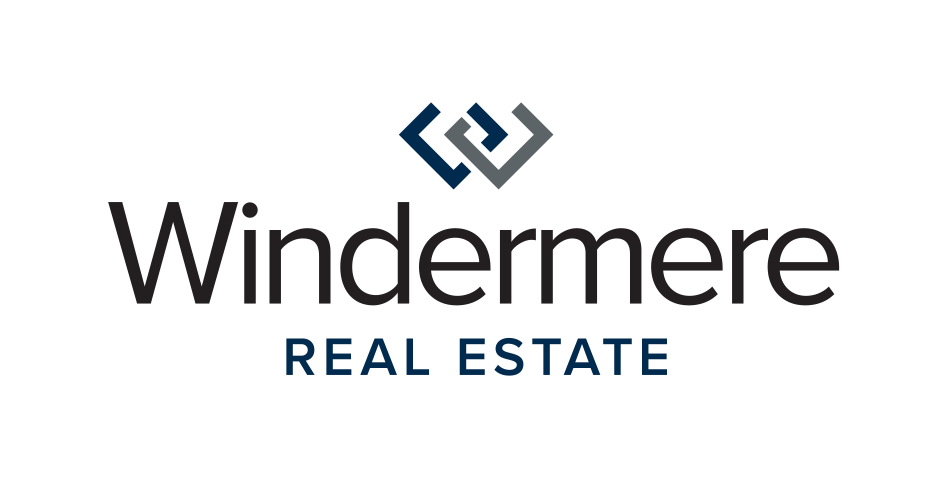Social Links Widget
Click here to edit the Social Media Links settings. This text will not be visible on the front end.
April is Fair Housing Month
April is Fair Housing Month, when we commemorate the Fair Housing Act of 1968 and reaffirm our belief that every individual has the right to own a home. The Fair Housing Act prohibits discrimination against home renters and buyers by landlords, sellers and lenders on account of their race, color, religion, sexual orientation, nationality, disability or family status.
While April is National Fair Housing Month, the commitment to ending housing discrimination is a full time effort. National and state Fair Housing laws help break down barriers that have historically led to racial and socioeconomic segregation, promoting integration and fostering diverse, prosperous communities. Realtors® are committed to upholding fair housing principles year round and this month serves as a reminder of the importance of equal access to housing and the need to foster inclusive communities.
Fall Interest Rates – What to Expect
High interest rates continue to make it challenging to buy a home. Some buyers have chosen to delay their home search, holding out for mortgage rates to decline later this year.
It’s highly unlikely the 3% interest rates we saw a few years ago will return in the near future, if ever. Rates crested 7% earlier this year, but have settled into the high 6% range. Expectations are that rates could settle into the mid 6% range, but anyone hoping for mortgage rates to drop under 6% may have a long wait.
Despite high interest rates, housing demand continues to support Seattle/King County area home values. Low inventory combined with high demand will continue to drive the local market as fall approaches. While condo values haven’t increased quite as much as single family homes, prices have still increased year-over-year as condos continue to provide an affordable alternative for some buyers.
With home prices and mortgage rates impacting buyer decisions, high interest rates have also kept sellers out of the market. Hesitant to give up a 3% mortgage interest rate, they’re delaying plans to sell, adding to the low level of available inventory.
It will be interesting to see if the Federal Reserve’s anticipated interest rate cuts in September will have a significant impact on mortgage rates, buyer confidence and available inventory. It is unlikely mortgage rates will drop below 6% this year, but any decrease could be enough to benefit and motivate both buyers and sellers.
What are Buyer Broker Services Agreements?
 Real estate, and the laws surrounding it, is constantly changing. Beginning January 1st of this year, the State of Washington now requires that home buyers sign a Buyer Broker Services Agreement when working with a licensed broker in their search for a home.
Real estate, and the laws surrounding it, is constantly changing. Beginning January 1st of this year, the State of Washington now requires that home buyers sign a Buyer Broker Services Agreement when working with a licensed broker in their search for a home.
While it sounds like a big change, Buyer Broker Services Agreements have been in use for some time; the main difference is that now they are legally mandated. Like seller agreements (the listing contract), which have long been required, the buyer agreement provides important protections for all parties involved in a real estate transaction.
Buyer Broker Services Agreements carry many benefits. They protect you from conflicts of interest, require your broker to follow specific professional guidelines and provides transparency about your broker’s legal duties and compensation. All of this adds up to enhanced clarity up front when working with a broker to purchase a home. Windermere has always encouraged the use of buyer agency agreements and now they’ll be the norm for all real estate companies and licensed brokers statewide.
If you have questions about this change, the real estate market in your community, or other real estate topics, don’t hesitate to contact me.
Matthew Gardner’s 2023 Top Ten Predictions – Mid-Year Update
Earlier this year Matthew Gardner, Windermere’s Chief Economist, shared his predictions for 2023. Fast forward six months, and in his latest monthly video he compares those predictions with how the housing market, interest rates, supply and demand, etc. has performed in the first six months of 2023. Matthew is still confident housing demand is high and it is favoring a seller’s market, even with interest rates expected to stay above 6% for the remainder of the year.
Downtown Bellevue First Quarter Condo Market Statistics
 2023 had a bumpy start. There’s been a lot drama and speculation regarding interest rates, the stock market, investments, employment, etc. While the eastside hasn’t been immune to these issues, the downtown Bellevue condo market has looked like a fairly normal spring market. Sales prices are gradually increasing, the difference between list price and sale price is narrowing and the days-on-market continues to decline.
2023 had a bumpy start. There’s been a lot drama and speculation regarding interest rates, the stock market, investments, employment, etc. While the eastside hasn’t been immune to these issues, the downtown Bellevue condo market has looked like a fairly normal spring market. Sales prices are gradually increasing, the difference between list price and sale price is narrowing and the days-on-market continues to decline.
DOWNTOWN BELLEVUE CONDO MARKET STATISTICS – 2023 YEAR-TO-DATE
1st Quarter 2023
total condos sold in 1st quarter 25
average sale price $913,398
average days on market 66
% of sale price vs. list price 97.7%
April 2023 sales
total condos sold in month 17
average sale price $970,382
average days on market 42
% of sale price vs. list price 99.35%
Current Pending Sales
total condo pending sales 14
average list price $1,186,986
average days on market 40
There are 42 condos actively listed for sale in downtown Bellevue with an average list price of $1,820,196. This includes several new construction pre-sale units that won’t be available for occupancy in the 3rd or 4th quarter of 2023. Removing the pre-sale units, there are just 28 homes available for occupancy within 30 days of closing escrow.
Mortgage Interest Rate Buydowns
If you’re thinking about buying a home, the good news is mortgage interest rates continue to decline. Rates are in the low 6% range compared to over 7% a few months ago. There are ways to lower the mortgage interest rate even more with a temporary or permanent mortgage buydown, but there are pros and cons.
A mortgage rate buydown allows a buyer to secure a lower interest rate on a mortgage by paying more money up front in the form of discount points. Each “point” is equal to one percent of the total loan amount. This can be beneficial when mortgage rates are high.
Permanent or Temporary Buydown?
With a permanent interest rate buydown, the interest rate is reduced for the life of the loan, but there are generally heftier up front costs. With a temporary interest rate buydown, a borrower can get a temporary discounted interest rate and ease into the permanent mortgage interest rate.
1-0 buydown mortgage – a 1% discounted interest rate for the first year
2-0 buydown mortgage – a discounted interest rate for the first two years of the loan. The first year the interest rate is 2% lower, decreasing to 1% the second year.
3-2-1 buydown mortgage – a 3% discounted rate the first year, 2% in the second year and 1% the third year.
With a temporary mortgage buydown the borrower must qualify for the mortgage at the higher interest rate even though initially paying a lower rate.
Does it pay to permanently buy down a mortgage? Mortgage payments will be more affordable for the life of the mortgage, but there are higher up front costs. If you plan to stay in the home for a long period of time, this could be a wise financial decision, but if you plan to move in a few years you may not break even given the up front costs.
Talk with your lender or mortgage broker for information about current interest rates, loan programs, mortgage buydowns and calculations to see which scenario is the best for your financial situation and future plans.
Don’t Just Downsize . . . Right-size
Many sellers in today’s market, myself included, are getting ready to not only move but also downsize their lifestyle, fitting their new home to fit future needs. Downsizing, or right-sizing, means more than just “getting rid of “stuff” and finding a smaller home. It’s important to consider how you live now, how you want to live in your new home, what is important, what you need and what you can do without.
This should be a simple task, but too often downsizing doesn’t focus on the things that are really important. If you love to garden, need space for a pet or enjoy hosting impromptu dinners and holiday gatherings, select a home that provides enough space for how you want to live or you may find it frustrating to have to eliminate activities or traditions that are important to you. When searching for a new home don’t just look at the square footage – keep in mind how you will live in and use the space day-to-day now and in the future.
It’s safe to assume much of the furniture in your current home won’t fit into a smaller house or condo. The reality is that very few of your existing furniture pieces will make the move with you. You’ve heard the phrase “measure twice and cut once”. The same is true for furniture. Measure pieces you might want to move or purchase and then measure the doorways at your new home (twice) and don’t forget elevators, hallways and stairwells. The stress on moving day doesn’t need to include discovering the buffet won’t fit through the door.
If you think you ‘ve had enough garage sales or trips to deliver donations, think again. Don’t try to fill your new space with too much sentimental artwork or decor. Select a few statement or heirloom pieces and use them as the foundation to build the decor in your new home. Too much “stuff” will make a space look smaller.
When it comes to closets and clothing, think again about what you keep and what you could donate. We’ve all heard that saying that if you haven’t worn something in two seasons, let it go. Are you relocating to a different climate? A more casual lifestyle? You may not need heavy coats, as many shorts and flip-flops or blazers and dresses.
Moving and downsizing takes time, effort, focus and patience. It can be stressful, but can also be a positive experience. The next chapter of your life should be exciting and something you look forward to. After you’re settled in your new home, if you find you parted with something that you wish you’d kept, it can be replaced and maybe it will be the right size, color or style that is a better fit for your space. Embrace the change. Invite family and friends into your new home and start making new memories and traditions.
Rent vs. Buy – What Best Fits Your Current Lifestyle? Copy
There are definite advantages to owning a home, as a vehicle for building wealth and the security of owning a safe place to call home. Matthew Gardner, Windermere Real Estate’s Chief Economist, speaks to the advantages of owning a home in this short video. While most of us can agree with all the points in Matthew’s video, the reality is that sometimes life happens and it might be wiser to make a temporary decision to rent before you explore buying a home. Lifestyles change, relationships change, jobs change . . . wherever you are in life, if you need information about condos, townhomes or houses for sale, or if home ownership is a year or two away, I have resources for lenders, market data, movers, contractors, property managers and rental properties to help you with whatever you need.
Increased Conforming Loan Limits Will Benefit Buyers
Conforming home loan limits are tied to local home prices. Each year the Federal Housing Finance Agency (FHFA) evaluates home values nationwide and adjusts the conforming loan limits for each state and each county within each state. FHFA also establishes higher conforming loan limits for areas deemed to be “high cost areas” based on local median home values. In the King/Snohomish/Pierce county region, considered a high cost area, the conforming loan limit for 2023 is $977,500. Any loan above this amount is considered a jumbo loan. (In most of the United States the average 2023 conforming home loan limit is $726,200.)
What this year’s adjustment to the conforming loan limit means is more buyers can qualify for a conforming loan vs. a jumbo loan – good news if you’re planning to purchase a home this year. Conforming loans allow lower down payments (as low as 3%) and have more flexible loan qualification standards. Jumbo loans typically require a minimum 20% down payment, higher credit score and stricter loan qualification guidelines.
If you’re planning to purchase a home this year, meet with your lender or mortgage broker before you begin your home search. Find out what’s needed to start the loan application process and learn which loan program will best meet your needs and budget. Obtaining a fully underwritten loan approval before you begin your home search will put you in a much stronger position when you find the home that best meets your needs.
September is Realtor® Safety Month
September is Realtor® Safety Month. You wouldn’t think real estate was a profession that deals with a lot of risk or safety concerns. Though rare, over the years there have been several instances locally and across the country of Realtors® being physically or cyber stalked, injured or abducted. Locally, our industry was rocked by the murder of a well known and respected broker just over 20 years ago.
Realtors® are trained and educated about the potential dangers faced while on the job and reminded to practice safety strategies designed to keep themselves, and their clients, safe while visiting homes or attending open houses. Safety guidelines have been designed and implemented utilizing tips from national and local law enforcement and industry veterans to keep all of us safe and be sure we all make it home safely.
Most of the safety protocols are common sense, but can sometimes be thought of as inconvenient or unnecessary. Keep in mind . . . your broker is taking precautions and is concerned about their own safety as well as yours. If your Realtor® suggests a first meeting at the office rather than going directly to a property, asks for ID, or discourages showing homes after dark, keep in mind, their concern is for their own safety as well as yours.

 Facebook
Facebook
 X
X
 Pinterest
Pinterest
 Copy Link
Copy Link





